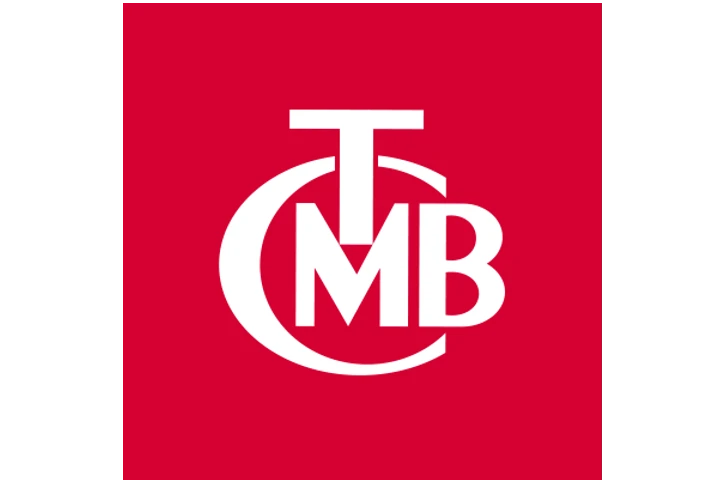Turkey’s Central Bank — Türkiye Cumhuriyet Merkez Bankası — is fast losing its credibility as it continues to take orders from the political masters of the country.Turkey President Recep Tayyip Erdogan has removed several Central Bank governors and other top officials. Naci Agbal, who took over as governor of the Central Bank on November 7.2000, served only till March 20, 2021. Agbal’s tenure was cut short abruptly after he hiked interest rates to tame rising prices. Erdogan appointed Sahap Kavcioglu who had been vocal about tight monetary policy.
Prior to Agbal, Murat Uysal served as the governor only for one and half years—between July 2019 and November 2020.
“Three central bank governors have been sacked by the government during the last two and a half years, prompting questions by opposition leaders and some of the country’s most important trade groups over the independence of the central bank,” Al Jazeera said.
Also read: India needs to become a player in Syria’s transition and reconstruction
The low interest rate regime has led to panic among the Turks as consumer price index based inflation touched a three-year high of 21.31 per cent in November amid a falling lira – the country’s currency kept falling.
While Erdogan has made it clear that growth will be the focus, the country’s economic situation is fast deteriorating. But the Central Bank of the country, instead of acting independently, is taking orders from Erdogan.
“The value of lira has been impacted by a host of reasons, the waning credibility of the Turkish Central Bank has also led to erosion of confidence among investors as well as citizens,” Anindya Banerjee, DVP, Currency Derivatives & Interest Rate Derivatives, Kotak Securities told India Narrative.
In October, Kavcioglu and his team announced a massive two percentage points reduction in interest rate to 16 per cent – a cut “that exceeded most forecasts,” Al Jazeera said.
The Erdogan administration has not spared other senior officials too.
In May, Oguzhan Ozbas, one of the four deputy governors of the Central Bank was fired. He was replaced by Semih Tumen.
“Independence and credibility of central banks is critical, they are economic managers, they have to ensure inflation is managed – their role in times of crisis gets even more amplified,” an analyst said.
According to the New York Times, there are lines outside food stores and gas stations; farmers are defaulting on loans and impromptu street demonstrations are now common. “The signs of economic distress in Turkey are all too clear as the lira continues a dizzying slide,” it said.
The World Bank in a report said that the stimulus-induced credit boom led to a sharp rebound in Turkey’s economic activities helping it to register positive growth in 2020. Turkey was among the few G20 countries to have managed to record positive growth in 2020 when most economies across the world battled the Covid 19 pandemic.
“But this growth came with rising inflation, falling international reserves, a weakening of the Lira, a sharply expanded current account deficit and increasing corporate stress,” it said.
Low interest rate policy along with a falling lira will make the country’s imports more expensive and push foreign debt. “This in turn will make prices rise even further, which will hurt the common Turks,” an analyst said.
“Economists have tied the currency crisis to President Recep Tayyip Erdogan’s direct interference in monetary policy and his determination to lower interest rates,” the New York Times added.
Turkey’s inclusion in the Financial Action Task Force’s (FATF) grey list along with other countries such as Pakistan, Zimbabwe, Syria and Burkina Faso has made things even worse.




















